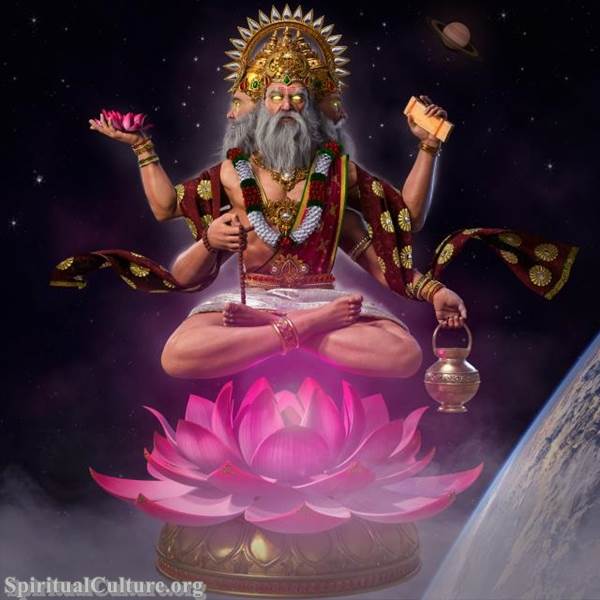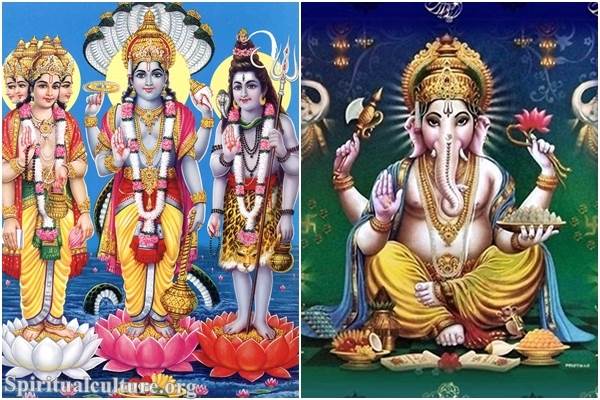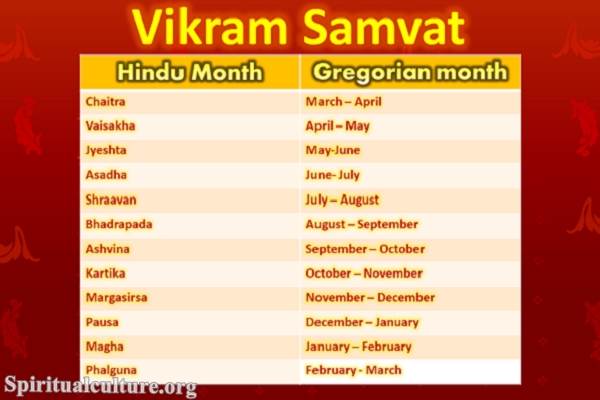Astrology is often seen as a mysterious language of the stars, but in Hindu tradition, it is a deeply woven spiritual guide. As Spiritual Culture, we invite you to explore with us how astrology — known as Jyotisha — illuminates almost every major life decision for millions of Hindus. Why do families still consult horoscopes before marriage? Why are auspicious dates chosen so carefully?
In this article, we will journey into the heart of astrology in Hindu life, looking at its roots in sacred texts, its application in practical decisions, and its profound role in shaping one’s destiny and spiritual growth. Beyond predictions, astrology becomes a mirror for self-understanding and a compass for aligning with divine rhythms. Let us step into this cosmic dance together.
The Sacred Roots of Astrology in Hinduism
Jyotisha: The science of light
Astrology in Hinduism is not merely about forecasting; it is considered a Vedanga, or a limb of the Vedas — the most ancient and revered scriptures. The word Jyotisha means “science of light,” indicating how celestial lights guide earthly lives.
Unlike Western astrology, which focuses mainly on sun signs, Hindu astrology emphasizes the moon sign (Rashi) and Nakshatras (lunar constellations), as well as planetary periods (Dashas), offering a more nuanced and karmically rooted understanding.
Scriptural foundation
The Rig Veda mentions the importance of celestial bodies in determining cosmic order. The Brihat Samhita, a classical Sanskrit text on astrology, lays down detailed principles for interpreting planetary positions and their influence on human life. The stars and planets are not seen as forces imposing fate but as indicators of karmic patterns.
Karma, Destiny, and the Cosmic Clock
The birth chart as a karmic map
At birth, every individual is believed to carry karmic imprints from past lives. The Janma Kundali (birth chart) records the positions of planets at the moment of birth, serving as a cosmic fingerprint. It reflects both potential strengths and challenges.
The dance between fate and free will
In Hindu philosophy, karma (action and consequence) does not mean strict fatalism. While astrology shows tendencies and probable outcomes, free will (Purushartha) allows individuals to make conscious choices. The Bhagavad Gita beautifully captures this tension between destiny and action.
“Man is the architect of his own destiny.” — Bhagavad Gita, 6:5
Astrology becomes a tool for self-awareness rather than a rigid blueprint.
Marriage: Aligning Two Souls Through the Stars
Kundali matching
Marriage is perhaps the most significant decision guided by astrology in Hindu life. Families often insist on matching horoscopes (Kundalis) before approving a marriage. This practice ensures that the couple’s mental, emotional, physical, and spiritual natures are compatible.
The Ashta Koota system
The most popular method, Ashta Koota Milan, evaluates eight different aspects, totaling up to 36 points. These include:
- Varna: spiritual compatibility and nature
- Vashya: mutual attraction and control
- Tara: health and well-being
- Yoni: sexual compatibility
- Graha Maitri: psychological and emotional compatibility
- Gana: temperament and behavior
- Bhakoot: family and financial prosperity
- Nadi: genetic compatibility, especially for progeny
A score above 18 is generally considered acceptable, but higher scores are preferred.
Muhurat: The auspicious time
Beyond matching, astrology determines the most auspicious date and time (Muhurat) for wedding ceremonies. Choosing a favorable Muhurat ensures blessings, harmony, and prosperity in the married life ahead.
The Cosmic Clock in Daily Life
Starting ventures
Astrology is consulted for major milestones like:
- Opening a new business
- Moving into a new home (Griha Pravesh)
- Purchasing property
- Beginning important journeys
Everyday decisions
Even in modern times, many Hindus check auspicious times for smaller decisions, such as buying a car or launching a project. While practical constraints sometimes override strict adherence, the cultural emphasis on aligning with cosmic rhythms remains strong.
Birth and Naming: The First Steps Aligned with the Stars
Birth chart and future
The birth chart is analyzed soon after a child’s birth to understand likely life paths, health tendencies, and spiritual inclinations. Parents use this information to shape education and personal growth.
Namkaran Sanskar
Naming the child, known as Namkaran Sanskar, is a sacred ritual. The chosen name often starts with a syllable linked to the child’s Nakshatra. For example, a child born under Mrigashira Nakshatra may have a name starting with “Ve” or “Vo”.
By aligning the name with cosmic vibrations, parents hope to harmonize the child’s earthly journey with celestial support.
Astrology and Health: Preventive and Spiritual Approaches
Identifying doshas and afflictions
Astrology often highlights potential health issues through planetary positions and specific doshas (faults) such as Manglik dosha or Kaal Sarp dosha. Rather than instilling fear, this awareness allows for preventive measures.
Remedies and spiritual practices
Astrologers may suggest:
- Wearing gemstones believed to strengthen certain planetary energies
- Performing specific rituals or Yajnas (fire sacrifices)
- Chanting mantras or stotras
- Fasting on days ruled by afflicted planets
- Making charitable donations
This holistic approach combines physical, psychological, and spiritual dimensions.
Career and Vocation: Discovering One’s Dharma
The influence of planets
Astrology can help reveal one’s natural strengths and inclinations. For example:
- A strong Mercury favors communication, trade, and education.
- A dominant Mars supports leadership, defense, and engineering.
- A powerful Venus suggests arts, music, and luxury industries.
Dharma over mere occupation
In Hindu thought, a career is not merely about livelihood but about discovering and fulfilling Swadharma—one’s own unique duty. Astrology aids in recognizing this path, helping align personal fulfillment with cosmic order.
Spiritual Evolution and Astrology
Beyond material predictions
For devout Hindus, astrology’s highest use is spiritual growth. It helps seekers understand karmic burdens, cultivate patience, and embrace humility.
The idea of Moksha
Moksha, or liberation from the cycle of birth and rebirth, is the ultimate goal. Astrology can suggest favorable times for undertaking spiritual practices, pilgrimages, or vows of renunciation.
Astrology in Modern Hindu Life
Technological integration
Today, astrologers offer consultations online, and astrology apps provide instant charts and daily predictions. While modern conveniences change the form, the spiritual heart often remains.
Personal guidance
Increasingly, people turn to astrology not just for event planning but for introspective guidance — understanding emotional patterns, improving relationships, and finding inner peace.
Reflect and Reimagine
Astrology in Hindu life is far more than a set of predictions. It is a sacred dialogue between the microcosm (individual) and the macrocosm (universe). It invites each person to see their joys and challenges as part of a grand cosmic play.
As Spiritual Culture, we encourage you to approach astrology not as a rigid destiny but as a compassionate map for greater self-understanding and conscious living. It is a reminder that though the stars may guide, the heart ultimately decides.
In the end, the dance between karma and free will is a gift — an invitation to grow, to serve, and to love more deeply. May you listen to the whispers of the cosmos and step forward with courage and grace, knowing that every choice is both written in the stars and yet entirely your own.



